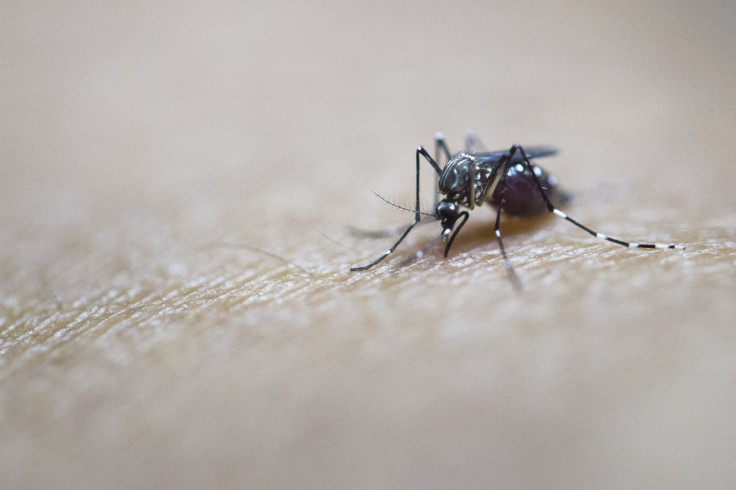Hurricanes Harvey and Irma to leave legacy of Zika-infected mosquitoes across Texas and Florida
Military planes to spray Lone Star and Sunshine states with chemicals in emergency measures.
Hurricanes and storms can have multiple short-term impacts, from flash flooding to power outages and destroyed homes. But one longer-term effect being looked is the behaviour of mosquitoes.
Officials in Texas have already begun spraying chemicals near Houston to help cut down on the number of disease-carrying mosquitoes that have emerged since Hurricane Harvey.
Harvey killed 71 people when the category 4 storm hit the Texas coast and moved towards Louisiana at the end of August.
But weeks after the storm dissipated from the area, the Federal Emergency Management Agency are using planes to spray vast areas of Houston, Jefferson, Orange and Chambers counties.
This is because the standing water has become a hotbed for insects, especially mosquitoes who may be carrying diseases such as Zika and the West Nile virus.
So far no such discoveries have been made, but officials on the ground want to get ahead of the game to ensure that any possible outbreak is prevented.
Similar measures are expected to be brought in for Florida in the aftermath of Hurricane Irma.
The Sunshine State has a more tropical climate compared to Texas and was already a hotbed for mosquitoes.
The insects lay their eggs in water, so the flooded streets of coastal towns and resorts will be the perfect breeding ground for them.
In July, billions of mosquitoes came to the state and made home for the season, but experts have turned to a previous deadly hurricane to ensure that the insects don't pose a risk to people in the coming months.
When Hurricane Katrina hit Louisiana in 2005, huge areas of the state, including New Orleans, were swamped by standing water for weeks.
This was fertile ground for mosquitoes to thrive in, but scientists found that the strong winds and the subsequent storm surge had actually washed many of the insects away.
But one year later, experts from the National Institute of Health reported a sharp increase in West Nile Virus.
Because of this delayed rise in the infectious disease, officials in Texas and Florida have decided to act now, to prevent matters escalating in 12 months time.
But the Centers for Disease Control and Prevention has predicted that majority of mosquitoes who return in 2018 will be "nuisance" bugs rather than disease-carriers.

© Copyright IBTimes 2025. All rights reserved.




















